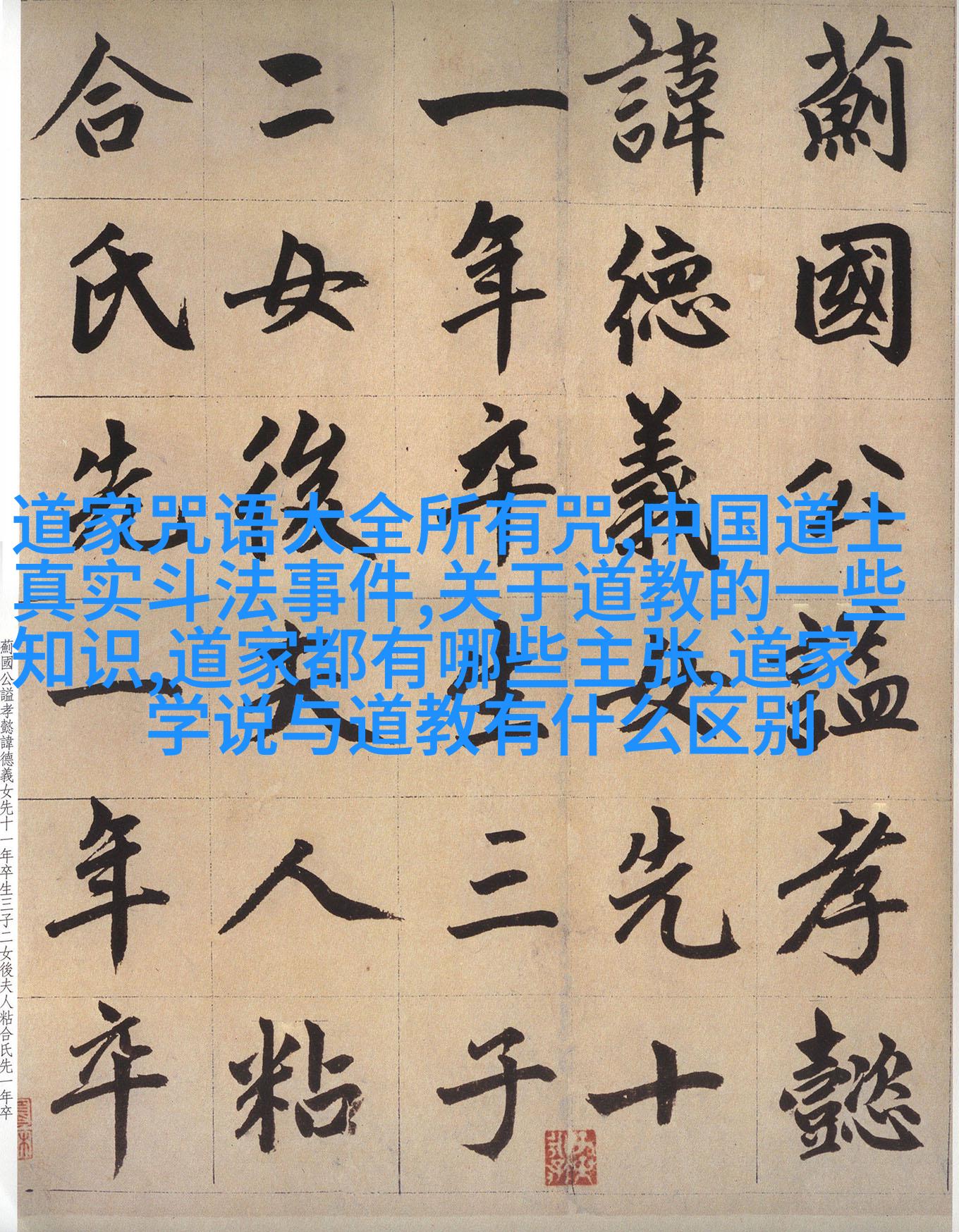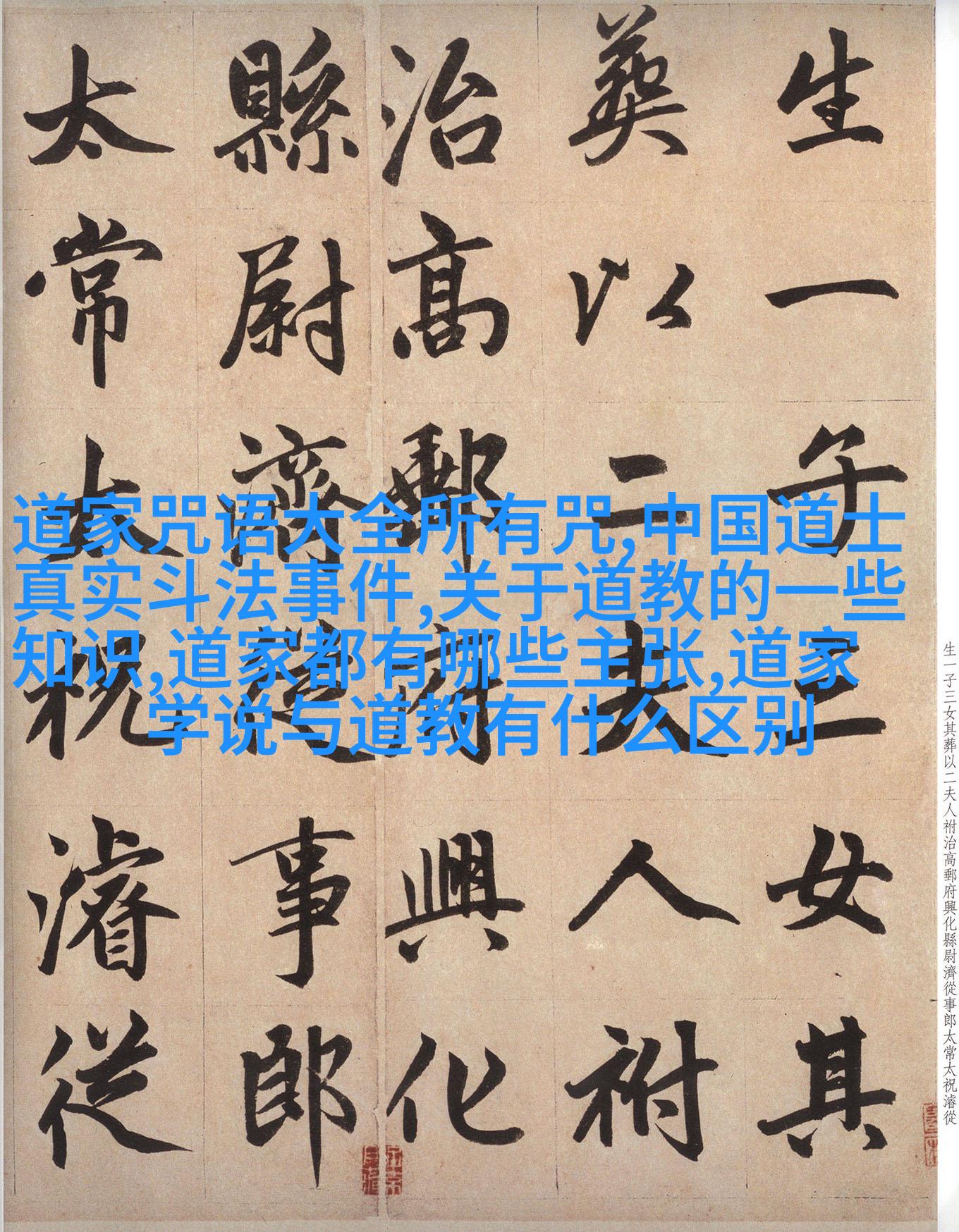老子认为,天地不仁,以万物为刍狗。这句话表达了老子的宇宙观和生命哲学。它意味着自然界没有主宰,没有人性化的概念,万物都在自然规律中生长、死亡,这是自然界的一种无情而又有序的过程。在这个过程中,每一个生命都是短暂且脆弱的,就像牛羊被杀死一样,不值得悲伤或惋惜。

"知足常乐"是老子提倡的人生态度之一。这句话强调了内心满足与快乐的重要性。当一个人能够认识到自己的所得已经足够,并对此感到满意时,他就能体验到一种超越物质欲望的幸福感。这种幸福并不是来源于外部世界,而是在于个人的内心平静与接受。
"道可道非常道,名可名非常名"这句出自《道德经》的开篇,是老子对“道”的定义和理解。他认为“道”是一个难以言说的东西,它超越了语言和概念,因此任何尝试去用文字来描述它都是徒劳的。而“名”则是指人们赋予事物的一般名称,它同样无法完全捕捉事物本质,因为名称总会带有一定的局限性和偏差。

"故未知之明新也;知者比将立;不仁以万物为刍狗—is also a reflection of old thought on the relationship between knowledge and action. According to this idea, the more one knows, the more they will understand that there is still much to be learned. This understanding can lead to humility and a willingness to learn from others. On the other hand, if one is too sure of their knowledge, they may become rigid in their thinking and unwilling to adapt or change.
The phrase "一阴一阳之谓要,夫易之极,始作舛者—is another example of old wisdom about balance and harmony. It suggests that everything has its opposite or complement—the yin and yang—and that these opposites are necessary for each other's existence. The text goes on to explain how extremes can lead to imbalance and chaos, while moderation brings order and stability.

These five phrases represent some of the core ideas in Lao Tzu's teachings—ideas that emphasize living in harmony with nature, accepting things as they are rather than trying to change them, recognizing our own limitations, valuing simplicity over complexity, seeking balance rather than extremes—and cultivating an attitude of humility towards life itself."



